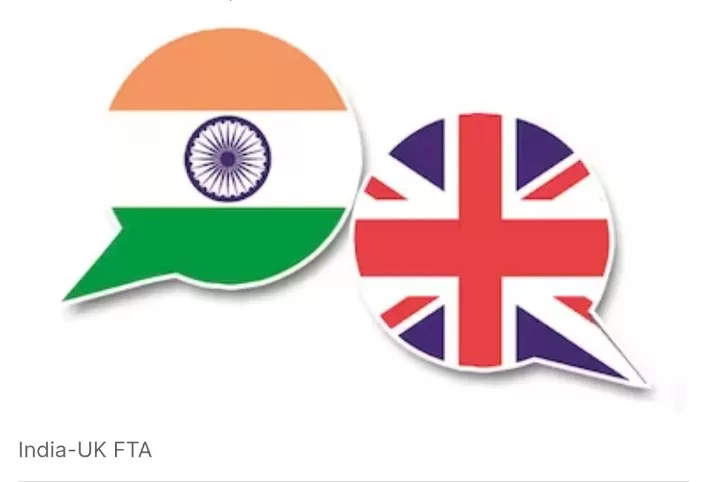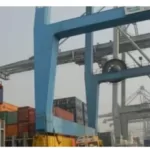As India engages in swift negotiations for a comprehensive trade agreement with the UK, experts caution against overlooking the potential repercussions of including labor provisions in free trade agreements (FTAs). This shift in India’s approach toward labor issues in negotiations with the UK, European Union, and the US-led Indo Pacific Economic Framework for Prosperity (IPEF) has drawn attention.
International trade analysts emphasize the need for a cautious stance, pointing out that such provisions might negatively affect domestic manufacturing and overall trade competitiveness. They highlight a growing global focus on labor standards in trade deals, exemplified by the recent US presidential memorandum on worker rights by Joe Biden.
Ajay Srivastava from the Global Trade Research Initiative (GTRI) notes that including labor provisions in trade pacts could potentially erode the competitive advantage of developing countries, citing the US-Mexico-Canada free trade agreement’s impact on Mexico’s auto sector as an example.
Sangeeta Godbole, a trade expert involved in India-EU trade agreement negotiations, expresses reservations about labor clauses in trade deals. She points to the EU-South Korea FTA, where even non-binding labor provisions led to a dispute adversely impacting South Korea’s auto industry.
Abhijit Das, an international trade expert, warns that labor provisions often seek enforcement of domestic laws, potentially leading to punitive actions for non-compliance. He cites the recent supply chain resilience agreement under IPEF as a potential gateway for increased scrutiny and a pressure point for imposing import restrictions based on alleged labor law violations.
The experts collectively advise India to tread carefully in negotiating labor provisions, considering the potential repercussions on the manufacturing sector and overall trade competitiveness.
By PTI




